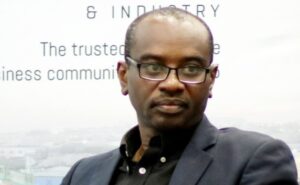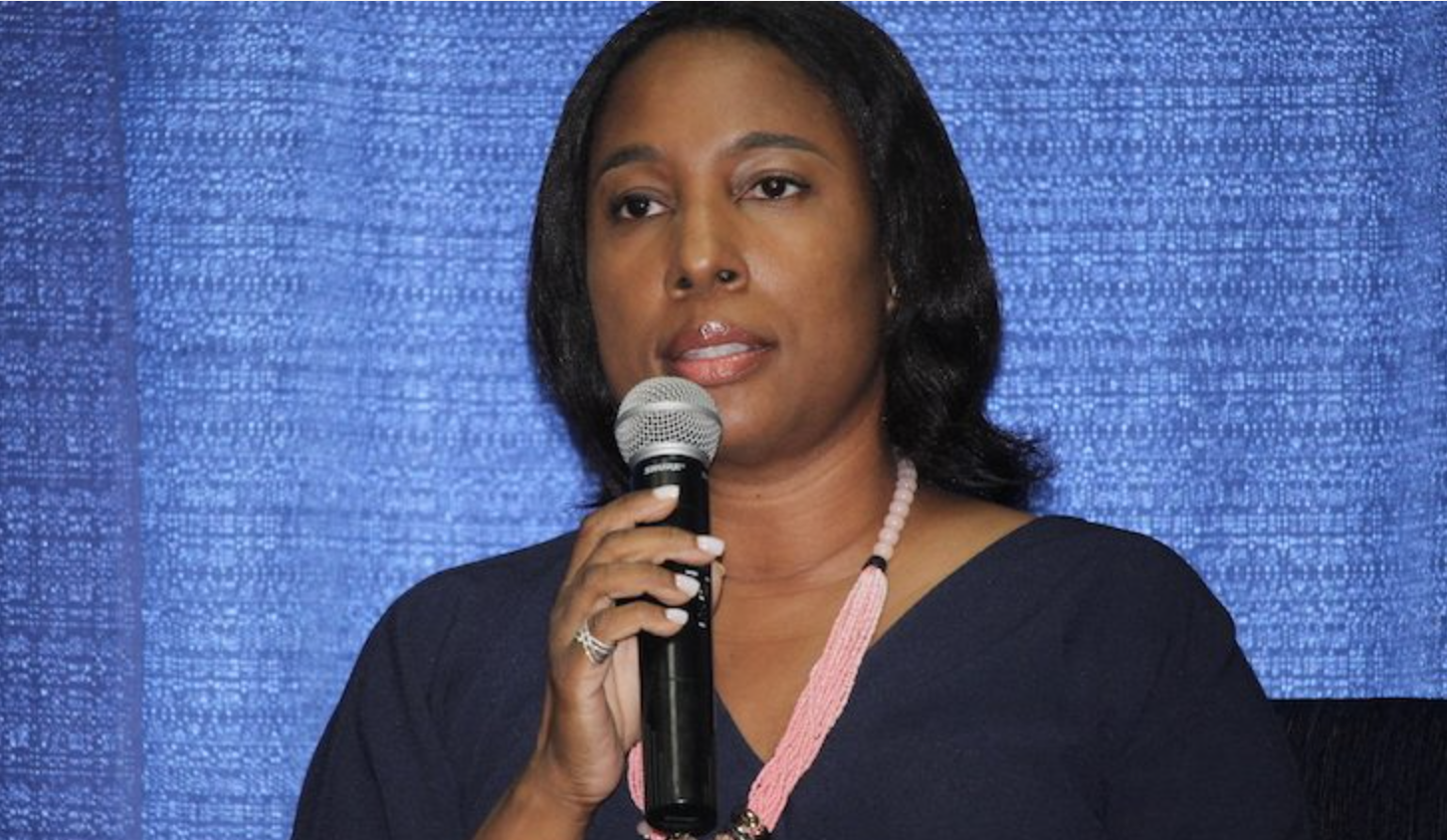Two leading experts have raised an alarm that “stubbornly high” inflation could further eat into Barbadians’ spending power.
Despite an “unprecedented” run of first-quarter economic growth reported by the Central Bank of Barbados, noted UWI economist Professor Justin Robinson and Chairman of the Barbados Private Sector Association (BPSA) Trisha Tannis drew attention to the issue as they assessed the bank’s report of 4.1 per cent growth – the 12th consecutive quarter of expansion – thanks to an “extraordinary performance” of 14.8 per cent increase in visitor arrivals in January to March this year.
Professor Robinson, Pro Vice-Chancellor and principal of the Five Islands Campus, also expressed concern that “public finances are being negatively impacted by rising debt service”.
Though impressed with the government’s management of public finances, he said he is troubled about their vulnerability along with the implications of the current inflationary pressures on citizens.
“The economy continues to be buffeted by declining but stubbornly high inflation which may be eroding the spending power of a broad cross-section of society, and rising foreign debt service costs which is impacting negatively on the public finances,” he told Barbados TODAY.
“The inflation rate was reported at 4.8 per cent, down from 5.9 per cent in March 2023, which is significantly higher than the 2.1 per cent reported for March 2022 and the -0.1 per cent reported for March 2021. The inflation rate of 4.8 per cent is also well above the average rate of 3.5 per cent for the last ten years.”
The noted economist contended that the public forms its judgement on the economy mainly on personal experience, unemployment rate, salaries and benefits and prices in the shops.
“The stubbornly high inflation rate may go some way to explaining the apparent disconnect between the strong macroeconomic performance being reported and the seemingly sour mood among sections of the public,” said Professor Robinson. “Stubbornly high inflation, static salaries and the possible creation of lower income jobs may go some way to explaining the seeming disconnect.”
For Tannis, although inflation has declined slightly, it continues to remain too high for too long.
“We don’t see that is going to come down too much faster, although it’s expected to come down somewhat. I don’t know if in the next quarter or so, but the government seems confident that over time it will mobilise,” she told Barbados TODAY.
The private sector chair insisted that as long as geopolitical disruptions and hostilities continue, such as the Ukraine-Russia war, these matters will have a domino effect on the cost of the supply of goods and services and value chain.
“So, we do expect it to remain elevated. Of course, we have the local impacts as well…. We had some disturbance in our weather patterns which caused some of the inflationary pressure on our ground provisions and vegetables in the agricultural sector. So, we had it coming and going,” said Tannis.
Robinson also highlighted concerns about rising debt service costs, with interest payments accounting for one-fifth of government revenues in January-March, up from 18.1 per cent in 2023 and 16.1 per cent in 2022. However, he commended the government’s management of public finances, showing “remarkable discipline and skill” in consistently meeting its targets.
The debt-to-GDP ratio has improved from 131.3 per cent in 2022 to 119.6 per cent in March 2023 and 114.3 per cent in March 2024.
“The major challenge to the public finances is the rising level of debt service with interest payments reported as accounting for 20 per cent of government revenues over the January to March 2024 period, compared to 18.1 per cent for the 2023 period, 16.1 per cent for the 2022 period and 9.3 per cent for … 2021,” the professor of finance added.

UWI
economist Professor Justin Robinson.
(FP)
He traced the trends in first-quarter growth over the past two years of between 5.0 per cent and 13.2 per cent in analysing the significance of this year’s 4.1 per cent.
“The 4.1 per cent growth reported is, therefore, a solid rather than spectacular achievement and suggests that first-quarter growth is reverting to historical levels after the extreme COVID-19 shock which saw first-quarter Real GDP growth of negative 18.9 per cent,” Professor Robinson said. “I am of the view that the current administration deserves the highest credit for the management of the public finances and it has shown remarkable discipline and skill in consistently meeting its public finance targets.”
While pleased with the overall performance of the economy and expecting more growth for the rest of this year, Tannis still had some other concerns.
She said the corporate community remained “obviously concerned that we are still very much dependent on one industry, and that the pace of diversification is not yet where everybody would want it to be in terms of increasing our resilience to external shocks”.
“We are actually very thankful where we are with the economy at the moment. It’s continuing to kick to redound to strong growth,” the business leader said.
Tannis said the private sector is advocating, though, for a tourism year-round product, notwithstanding the bright outlook for the rest of the year.
“We do need for this to be an annual thing, where we have a consistent tourism product throughout the year for 12 months, and not for six or eight,” she contended.
Tannis also expressed support for the call from Central Bank Governor Dr Kevin Greenidge for billion-dollar investments from the private sector in the economy to help drive growth: “We do know the government has put a lot of incentives in place for various industries; and the atmosphere and conditions, we think, are ripe for us to become very interested in investing in the economy again.”
emmanueljoseph@barbadostoday.bb




